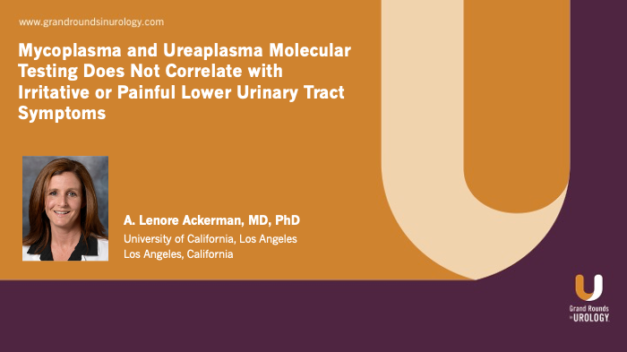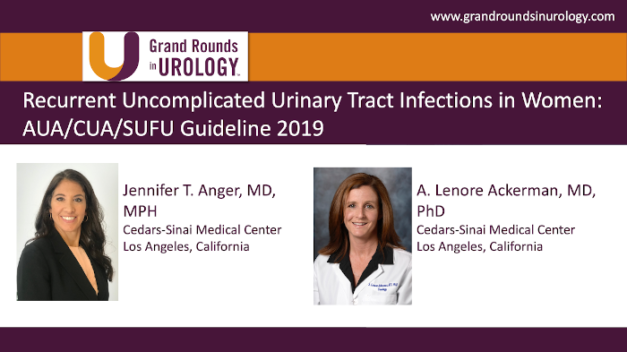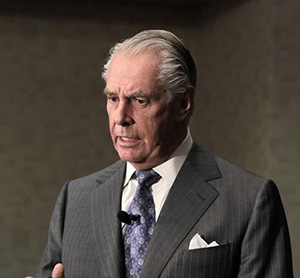Mycoplasma and Ureaplasma Molecular Testing Does Not Correlate with Irritative or Painful Lower Urinary Tract Symptoms
A. Lenore Ackerman, MD, PhD, Director of Research for FPMRS in the Department of Urology at the University of California, Los Angeles, shares data from her research group evaluating diagnostic testing patterns for ureaplasma and mycoplasma and characterizing the associations of these bacteria with irritative lower urinary tract symptoms (LUTS) using molecular detection techniques. Dr. Ackerman explains the context and rationale for the study and reviews how it illustrates Robert Koch’s postulates. She also addresses topics such as how physicians should approach LUTS in culture-negative patients, the significance of the bacteria detected through new sensitive methods, and whether symptoms are proof of infection or if they could be related to something else. Ultimately, she concludes with two main points: that the physician’s focus should be on treating the patient, not on treating a test; and that not all bacteria are bad, as some healthy genitourinary commensal bacteria play an important role in preventing urinary tract infections.
Read More



